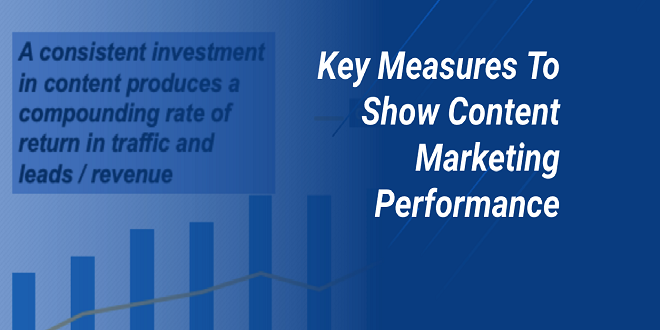Measuring Success Tracking the Vital Signs and Demonstrating Results

What Are Your Goals?
There are countless brands and businesses out there, each with its own business model and approach. But there are really just four broad goals to aspire to with your social media efforts:
Brand engagement, advocacy, and loyalty
Your best, most loyal customers will be the first to seek you out in the social sphere, and you must be there for them, connecting one to one, cultivating a deeper relationship, rewarding them with “surprise and delight” campaigns or sweepstakes, and furthering their understanding of and enjoyment of your brand. Perhaps you’ll associate yourself with the pleasures of music, online games, or real-world events. Ideally, you’ll tie your brand to a bigger cause. For instance, PetSmart’s social media effort focuses not on cat food and dog collars, but on beloved, adorable pets and the issue of animal welfare. Patagonia’s is about surfing, paddling, and climbing-and environmentalism to ensure that those beautiful landscapes are preserved. Pepsi isn’t about carbonated sugar water, but about “living for the moment.”
Customer service
Questions and complaints no longer obediently queue to your 1-800 number or your customer service e-mail. They come 24/7 to your Facebook or Twitter pages—or they’re posted elsewhere in cyberspace, and it’s your CS team’s job to monitor the web for brand mentions, so they can sniff out and resolve any budding product-quality fiascos or brand blunders, wherever they emerge.
Social Media Analytics
What will you measure? How will you measure it? Your goal is to demonstrate that the costs of your social media program are more than offset by the return on that investment. Demonstrating ROI is the end game.
As you write your social media business plan, keep in mind that you’ll need to drive toward five big, overarching measures that everyone in your organization will understand. Maintaining your focus on these measures will make it easier to navigate the world of social media analytics.
Tools for Social Media Analytics
Social networks and social media (including interactive tools you add to your website) encompass a very broad landscape. Some of the activity you’ll want to track is occurring on your fan pages. Some of it is on your website. And much of it is occurring across the Internet at large—in conversations that advocates and detractors are having on public forums about your brand, products, and industry. Analytics tools exist to track all of these social touch points. To simplify things, with social media analytics, you’re trying to capture four perspectives:
- Activity and attitudes on your brand pages
- Brand-related activity and attitudes in the social sphere at large
- Impact on your online business
- Impact on your offline business
Your Online Community
For the heartbeat of your own brand pages, you’ll rely on the native statistics from Facebook, Twitter, YouTube, Pinterest, Google+, and whatever other platforms you’re active on. These will include measures of audience (fans, followers, and subscribers, plus network reach) as well as interactivity (comments, retweets, re-pins, video views).
Social Media Software
Tracking all the metrics I’ve been discussing has the potential to be enormously time-consuming. Thankfully, a number of software platforms (most of them cloud-based web browser tools) are available to consolidate your key analytics data and more.





